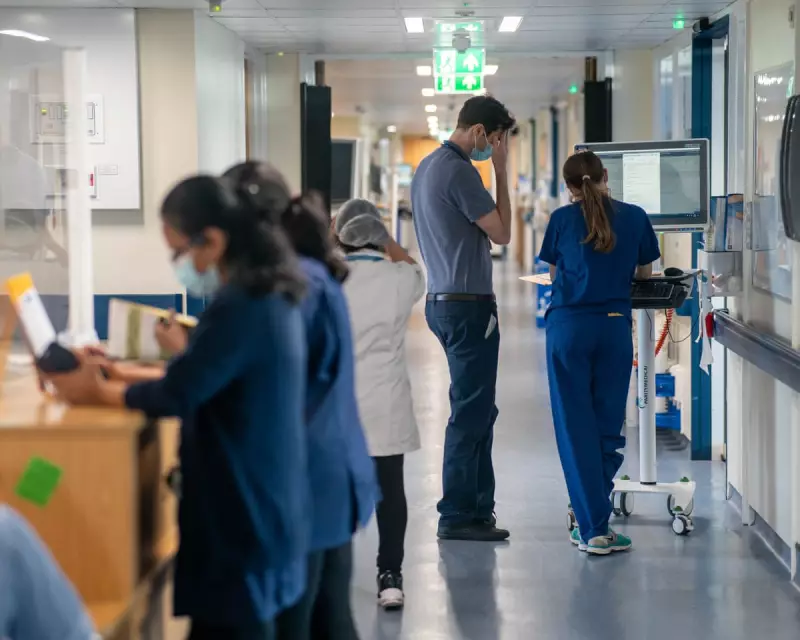
The National Health Service is embarking on a revolutionary trial that could fundamentally change how prostate cancer is detected and treated across Britain. Multiple NHS hospitals are set to test a sophisticated artificial intelligence tool designed to analyse medical scans with unprecedented speed and accuracy.
This cutting-edge technology represents a significant leap forward in cancer care, potentially reducing diagnosis times from weeks to mere days while improving detection rates for one of the most common cancers affecting men in the UK.
How the AI System Transforms Prostate Cancer Care
The innovative AI tool operates by meticulously examining MRI scans, identifying subtle patterns and abnormalities that might escape the human eye. Unlike traditional methods that rely solely on radiologist interpretation, the AI system provides consistent, data-driven analysis that supports clinical decision-making.
Key benefits of the new approach include:
- Faster analysis of complex medical imaging
- Enhanced detection of early-stage prostate cancer
- Reduced waiting times for diagnosis and treatment planning
- More consistent evaluation across different healthcare providers
The Human Impact Behind the Technology
With approximately 52,000 new prostate cancer cases diagnosed annually in the UK, this innovation addresses a critical healthcare challenge. The disease currently claims around 12,000 lives each year, making improved detection methods a priority for healthcare professionals and patients alike.
"This technology isn't about replacing clinicians," explains a senior NHS official involved in the project. "It's about augmenting their expertise, giving them powerful tools to make more informed decisions more quickly. For patients, this could mean earlier interventions and better outcomes."
What the NHS Trials Will Reveal
The upcoming hospital trials will assess both the technical performance and practical implementation of the AI system across diverse clinical settings. Researchers will evaluate how effectively the tool integrates into existing workflows and whether it delivers measurable improvements in patient care.
Critical questions the trials aim to answer:
- Can the AI system maintain accuracy across different hospital imaging equipment?
- How does it perform with varied patient demographics?
- What training do healthcare professionals need to use the technology effectively?
- Does it genuinely reduce the time between initial suspicion and treatment commencement?
This initiative positions the NHS at the forefront of medical AI adoption, building on previous successful implementations of artificial intelligence in detecting other conditions like breast cancer and eye disease. If successful, the prostate cancer AI could become standard practice across the health service within the next few years.
The development reflects the growing recognition that artificial intelligence, when properly validated and implemented, can significantly enhance rather than replace human medical expertise. For thousands of men facing prostate cancer concerns each year, this technological advancement offers hope for quicker answers and more personalised treatment pathways.





